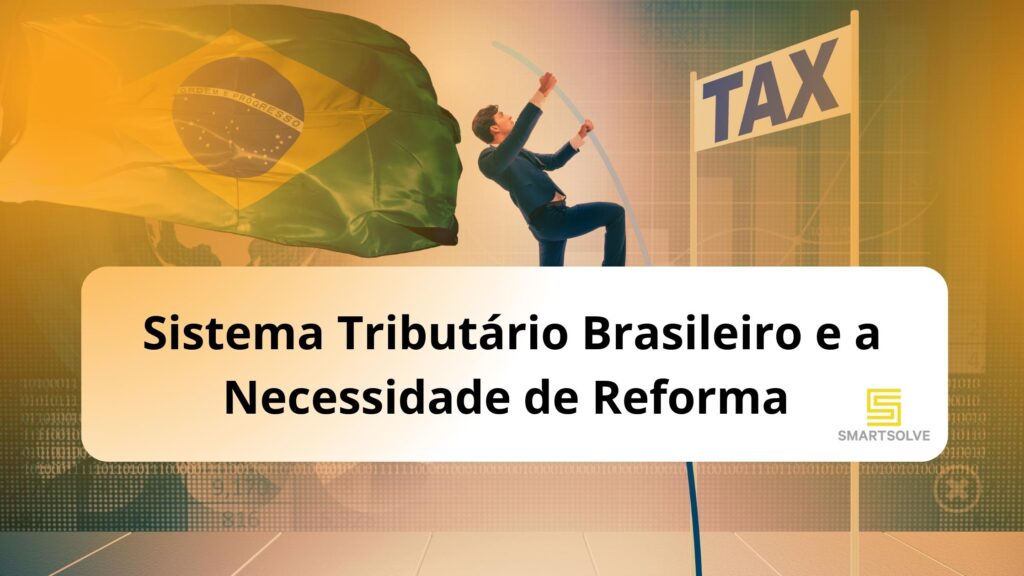The Brazilian tax system is often the subject of criticism and heated debates. Its complexity is notorious and often incomprehensible for the majority of citizens and even for companies. This scenario raises fundamental questions about how the intricate web of taxes affects both the economy and people's lives and why tax reform has become an urgent necessity in Brazil.
The Web of Taxes
Brazil has a myriad of taxes, each with its own specific rules and regulations. Among them, we can highlight the Income Tax (IR), the Tax on Circulation of Goods and Services (ICMS), the Tax on Industrialized Products (IPI), the Social Integration Program (PIS), the Contribution for the Financing of Social Security (COFINS), among others. This long and varied list creates a tax labyrinth that business owners, accountants, and ordinary citizens must navigate.
Impact on Businesses and Individuals
The complexity of the Brazilian tax system has serious implications for both businesses and individuals. For businesses, tax compliance is a burdensome and costly task. The administrative costs associated with fulfilling tax obligations can be substantial, reducing competitiveness and hindering business growth.
For individuals, taxation can seem like an enigma. The Income Tax, for example, has multiple tax brackets and a series of deductions and exemptions, making it difficult for many Brazilians to understand how much they actually owe in taxes.
The Need for Reform
Given these difficulties, the need for tax reform in Brazil becomes increasingly evident. The main goal of such reform is to simplify the system, making it more transparent and efficient. One of the main ongoing debates is the proposal to create the Tax on Goods and Services (IBS), which would unify various taxes into one.
The simplification of the tax system would not only reduce bureaucracy for businesses and individuals but could also stimulate economic growth. With a fairer and more simplified tax burden, businesses would have more resources to invest and innovate, while consumers could have a clearer understanding of how much they are paying in taxes.
Economic and Social Impacts
A successful tax reform could also have significant impacts on income distribution and the reduction of social inequalities. Simplifying the tax system could allow for effective tax rate reductions for the poorest, relieving the burden on those with fewer resources.
Furthermore, a well-planned tax reform could increase tax revenue and reduce tax evasion, providing the government with the necessary resources to invest in critical areas such as healthcare, education, and infrastructure.
The complexity of the Brazilian tax system is a problem that affects everyone. Businesses, individuals, and the government itself suffer the consequences of this intricate system. A tax reform that simplifies the system and makes it more efficient is essential to boost economic growth, reduce social inequalities, and improve the lives of citizens. It is time to confront this challenge and seek solutions that benefit all Brazilians.
(ARAUJO, Robson. Brazilian Tax System and the Need for Reform)

